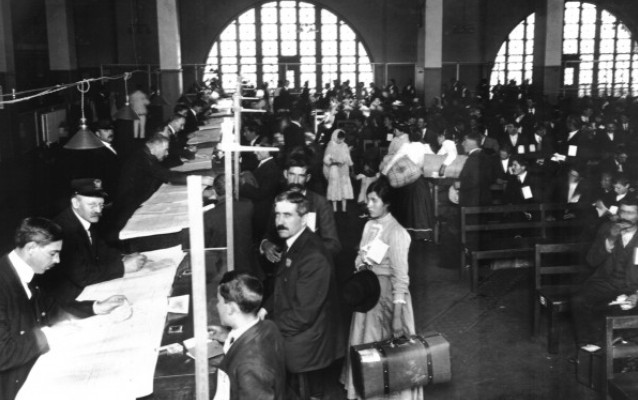In recent months, the Texas-Federal border dispute has dominated headlines, capturing the attention of politicians, media outlets, and citizens alike. With heated debates over jurisdiction, security measures, and immigration policies, it’s easy to get caught up in the intricacies of this ongoing conflict. However, amidst the chaos and political posturing, it’s crucial to recognize that this dispute is merely a distraction from the pressing need for real immigration reform.
At the heart of the Texas-Federal border dispute lies a complex web of legal, logistical, and ideological challenges. Texas Governor, in a bid to assert state authority and tighten border security, has clashed with the Federal government over immigration enforcement policies and the construction of physical barriers. This clash of interests has sparked a legal battle that has left communities along the border caught in the crossfire.
While the dispute rages on, it’s essential to zoom out and assess the broader immigration landscape in the United States. For far too long, the nation has grappled with outdated and ineffective immigration policies that fail to address the needs of both immigrants and the country as a whole. The current system is marked by bureaucratic hurdles, backlogs, and a lack of clear pathways to legal status, leading to widespread frustration and uncertainty.

Amidst this broken system, there lies a beacon of hope: the Ellis Island model. In the late 19th and early 20th centuries, Ellis Island served as the gateway for millions of immigrants seeking a new life in America. Under this model, immigrants underwent thorough but efficient screening processes, ensuring that those who entered the country met certain criteria while facilitating the smooth flow of migration.
Now, more than ever, there is a need to revive and adapt the Ellis Island model for the modern era, particularly at the southern border. This approach would involve establishing processing centers equipped with the necessary resources to efficiently screen and process migrants, including background checks, health screenings, and documentation verification. By centralizing these operations, the government can streamline the immigration process while maintaining rigorous standards.
Implementing an Ellis Island-like immigration policy at the southern border would offer several benefits. Firstly, it would provide a humane and orderly system for managing migration, ensuring that individuals are treated with dignity and respect throughout the process. Additionally, it would enhance security by enabling thorough screenings of all individuals entering the country, thereby mitigating risks associated with illegal immigration.
Moreover, this approach would address the root causes of migration by offering a legal and regulated pathway for individuals seeking to enter the United States. By providing clarity and transparency in the immigration process, aspiring migrants would be less inclined to resort to dangerous and illegal means of entry, ultimately reducing the strain on border resources and infrastructure.
However, achieving meaningful immigration reform requires bipartisan cooperation and a commitment to pragmatism over partisanship. Instead of fixating on divisive border disputes, policymakers must prioritize comprehensive reform that addresses the complexities of the immigration system while upholding American values of inclusivity and opportunity.
In conclusion, the Texas-Federal border dispute serves as a distraction from the urgent need for real immigration reform. By embracing an Ellis Island-like model at the southern border, the United States can establish a fair, efficient, and secure immigration system that meets the needs of migrants and the country alike. It’s time for policymakers to move beyond rhetoric and prioritize practical solutions that uphold the nation’s legacy as a land of opportunity for all.
